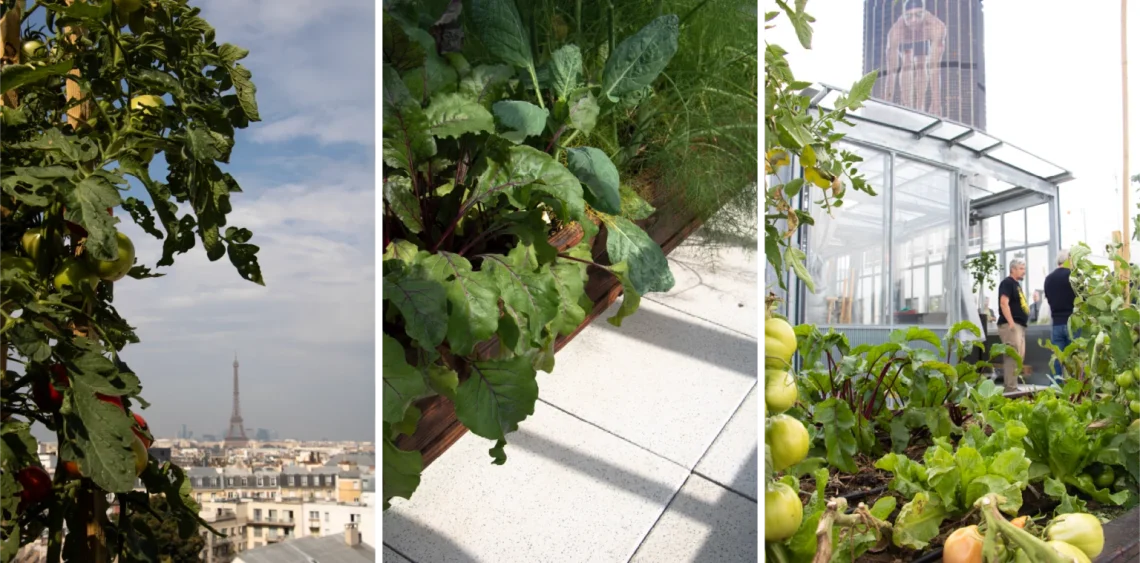Research statements from both labs are now available
The current debate on climate change focuses mostly on replacing fossil energy with clean energy. Although this is a major issue, it only covers part of the challenges that we are facing. Other urgent topics include biodiversity, resource depletion, waste management, and how to define economic growth in a limited world.
Although the transition has started, there is no clear image about what we are transitioning to. A popular French saying goes like this: “It’s not the fall that is important, it’s the landing”. That is why we must work on what lies beyond the transition. What will the world look like after a successful change to a sustainable society?
Considering the complexity of the problem, there is no silver bullet to solve our problems. My goal is to develop more thoughtful visions on how to use and integrate technology while assuring meaningful jobs and long-term environmental and economic sustainability. A first insight is that we will have to find a new bonding between humanity, nature and technology.
The way that I choose to study this topic is to focus on sustainable farming, and more specifically intensive microfarms based on the 19th century farming methods of the Parisian market farmers. Why? Because small-scale, urban farming is a world in a nutshell: it includes social, historical, economic, technical, human, natural and energetic aspects. This niche topic allows me to address some of the concerns raised above. In the [ROMI] project, we addressed robotics and crop monitoring for farming. In [DREAM], we investigate new instruments to obtain health status information from plants. The [MIHY] project addresses recovering nitrogen and phosphor from wastewater to feed a hydroponics system and in parallel produce small amounts of energy.

More recently, in our work on the French Method, we are putting into place a collaborative effort with farmers, agronomists and historians to define a long-term vision for small-scale farming. Research can, at times, be driven by a focus on low-hanging fruits and short-term gains. Will I be able to obtain a major publication in the coming year? Will this idea lead to a successful industrial application within the next three years? This accumulation of short-term gains may obscure considerations of long-term impacts. Agriculture is notable in that respect. The Green Revolution in the 1950s brought a major overhaul and impressive results while at the same time also ignoring harmful environmental and social secondary effects. The focus on small-scale farming lets us take a step back and reconsider how we use advanced robotics and AI yet avoid the slippery slope towards automated food production.
More generally, in the future, we will have to rely more on biological and biology-inspired systems to generate energy, to produce and transform materials, and to collect, process, and transmit information. And we need a new imaginary to accompany this transition.
Research statements from both labs are now available
Technology Overcomes Barriers.
Synecoculture that overcomes the trade-off between productivity and environmental damage
Supporting the Seamless Transition Between First and Third Person View for Effective Telepresence Collaborations
An Artistic Approach to Question Our Relationship Between Human And AI Robots